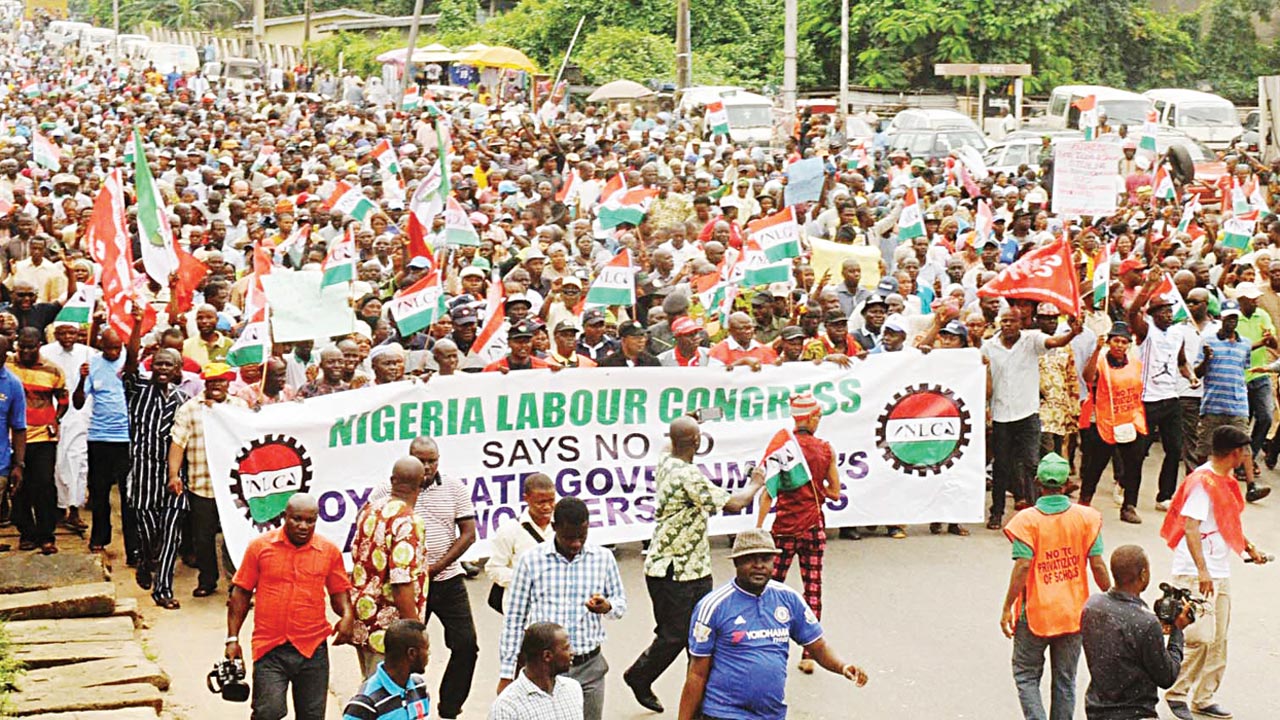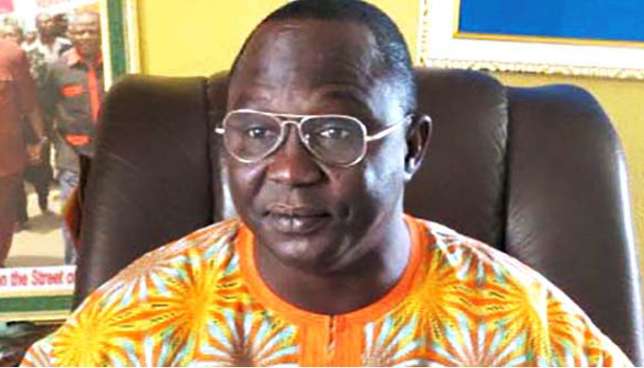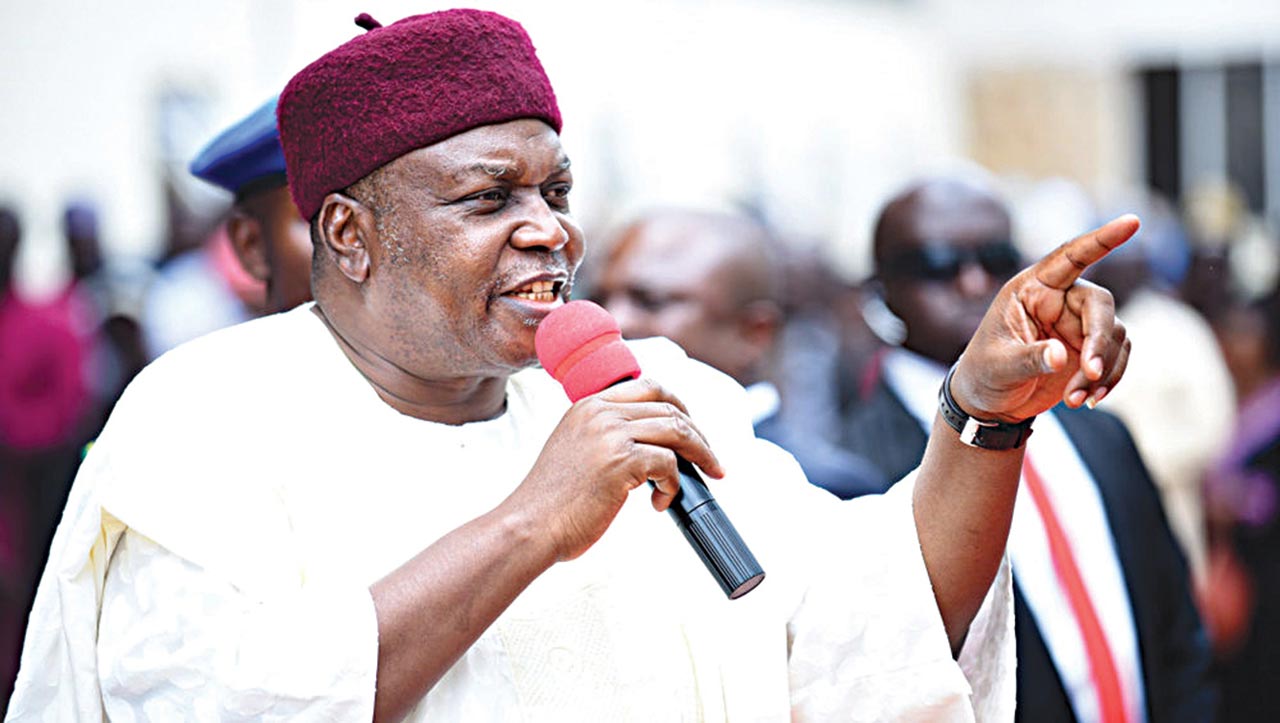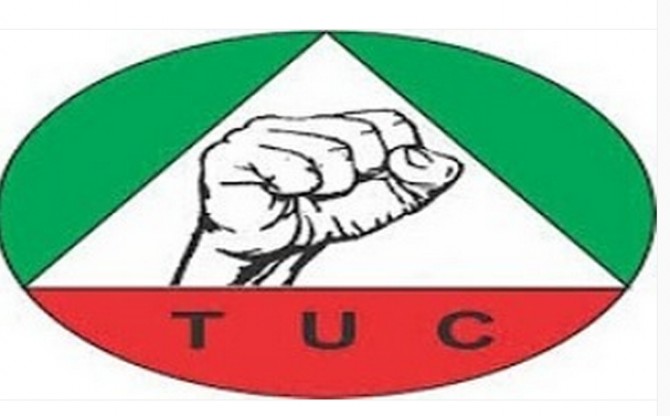Sack Threat, Invitation To Anarchy – Labour
Organised Labour, Thursday, told the Nigerian Governors Forum, NGF, that the threat to retrench workers should the new minimum wage of N30,000 agreed upon by the Tripartite Committee be implemented, was an invitation to anarchy with grievous consequences.
It also noted that the governors’ threat to sack workers was not new in the struggle for review of the national minimum wage in Nigeria and that the N30,000 was a product of intense and robust negotiations at the National Minimum Wage Tripartite Negotiation Committee that lasted for one year, from November 2017 to November 2018.
In the same vein, the Nigerian Employers Consultative Association, NECA, warned governors on the issue of down-sizing.
“They should think of the consequences of retrenchment of workers, especially in a country with a very high rate of unemployment.”
President of the Nigeria Labour Congress, Ayuba Wabba, in a statement in Abuja, told workers to ignore the statement credited to the Chairman of NGF and Zamfara State governor, Abdulaziz Yari, who, while briefing journalists after an emergency meeting of the governors on Wednesday, claimed that the N30,000 minimum wage would make states bankrupt.
Governor Yari had also stated that only Lagos State could afford the new wage regime if implemented, and that state governors were finding it difficult to pay the N18,000 already in force.
But Wabba in his statement, took a swipe at the NGF boss, stressing that the governors were part of the negotiation that lasted for about a year before arriving at a compromise figure of N30,000.
The statement read: “The attention of the Nigeria Labour Congress, NLC, Organized Labour, the working class, pensioners and their families have been drawn to a statement credited to the chairman of Nigeria Governors Forum, NGF, Alhaji Abdulaziz Yari, the governor of Zamfara State, threatening to sack workers on the account of the New National Minimum Wage of N30,000.
“It would interest Nigerians to know that the New National Minimum Wage of N30,000 was a product of intense and robust negotiations at the National Minimum Wage Tripartite Negotiation Committee that lasted for one year between November 2017 and November 2018.
“At the National Minimum Wage Tripartite Negotiation Committee, state governments were represented by six states, one from each of the six geo-political zones of Nigeria.
A letter was sent by the Tripartite Committee to every state to send in their memorandum as their input to the national minimum wage negotiations. It is on record that 21 states responded by sending memoranda with figures.
“Subsequently, public hearings were conducted in each of the geo-political zones in the country. The state governments were all represented at the zonal hearings and made their input to discussions towards a new national minimum wage.
“The demand of organized labour was N66,500. From the memoranda submitted to the National Minimum Wage Tripartite Negotiation Committee by state governments, there were proposals by some states to even pay higher than the negotiated national minimum wage of N30,000.
“After extended and extensive negotiations by the Tripartite Committee, a final compromise figure of N30,000 was agreed by all the partners – government, Organized Labour and employers in the private sector.
“This agreement took on board prevailing economic indices and factors, especially as outlined in Convention 131 and Recommendation 95 of the International Labour Organization (ILO) Convention on Criteria and Procedure for Collective Bargaining especially towards arriving at a National Minimum Wage for any country.
“It was on the basis of this agreement that the National Minimum Wage Tripartite Negotiation Committee concluded its work and submitted its report to Mr. President on November 6, 2018. This ended the process of negotiations for a new national minimum wage for Nigerian workers. “The statement of Mr. AbdulazizYari purportedly for the Nigeria Governors Forum, one year after the inauguration of the National Minimum Wage Tripartite Negotiation Committee, is certainly an after-thought and has no place in the collective bargaining process.
“We understand that Mr. Yari Abdulaziz’s position is at the instance of a few anti-worker governors. We are not in any doubt that many worker-friendly governors are ready to pay even higher than the negotiated N30,000 new national minimum wage.
“In view of the foregoing, Organized Labour wishes to firmly reiterate its stand as follows: The process of negotiation by the tripartite social partners for a new National Minimum Wage has ended and a new National Minimum Wage of N30,000 has been agreed upon by government, labour and employers in the private sector;
“The 1999 Nigerian Constitution (as amended) recognizes individual states in the Collective Bargaining Process not Nigeria Governors Forum. The states, like the other social partners, have already defended their positions during negotiations at the National Minimum Wage Tripartite Negotiation Committee vis-à-vis counter proposals;
“The threat to sack workers is not new in the struggle for review of the national minimum wage in Nigeria. Therefore, the current one by the governor of Zamfara State cannot be used to intimidate labour. The consequences of workers retrenchment are too grievous for any political office holder truly elected by the people to contemplate;
“We propose that since a few political office holders are bent on enslaving Nigerian workers with peanuts mislabeled as salaries, we urge such elected public officials to subject their humongous salaries and allowances, reputed to be among the highest in the world, pro rata with the minimum wage they want to force down the throats of Nigerian workers.
‘’We, therefore, urge each state governor to go to their respective states and inform workers and their families their individual position on the new national minimum wage of N30,000.
“Alhaji Abdulaziz Yari should desist from using the platform of the Nigeria Governors Forum to seek political relevance. His tactics of blackmail against workers is already time-worn and the stench is already offensive.
“The leadership of the Nigeria Labour Congress and Organized Labour urge workers to remain steadfast and firm on our rights to decent wages and improved living conditions. To the oppressors, we have only one answer for you – we will never sleep on our rights! “We, hereby, reiterate our directive to Nigerian workers to vote out any politician or political party that refuses to pay the new national minimum wage of N30,000. We shall continue to consolidate our efforts to strengthen already existing platforms and structures to give teeth to our resolve to vote out anti-labour governors and politicians in the forthcoming 2019 general election;
“Finally, organized labour and Nigerian workers call on President Muhammadu Buhari to be wary of some people, especially in the Nigeria Governors Forum because they are … for selfish and personal reasons, to present him as an anti-worker President and by extension orchestrate anti-Buhari sentiments in the populace.
“In light of this, we call on him to speedily present to the National Assembly the bill on the National Minimum Wage for appropriate amendment and implementation.”
Speaking, Director-General Designate, Nigeria Employers Consultative Association, NECA, Mr. Timothy Olawale, said: “The clamour for a new revenue formula by state governors is not new, but the new dimension to it is the threat to sack workers if they must pay the N30,000 minimum wage as recommended by the committee.
“For us, in governance, you must take hard decisions, but the sack of workers should be the last resort. We have to advise that there a lot of things they can do. First, they must cut down the cost of governance and also raise their internally generated revenue to boost their finances.
“Secondly, for any action, there are always consequences. They should think of the consequences of retrenchment of workers especially in a country with a very high rate of unemployment. If retrenchment becomes inevitable, as industrial relations experts, we advise that they must carry their workers along to make them see reasons why such retrenchment is inevitable and avoid crisis that may follow any such retrenchment.”
Also reacting, United Labour Congress of Nigeria, ULC, said it was not surprised by the antics of the governors who had almost a year to present their case at the Tripartite Committee on Minimum Wage where they were represented, insisting that labour was ready for the governors’ antics.
Speaking through its Acting General Secretary, Chris Onyeka, ULC contended that the governors could not threaten workers or labour with retrenchment, warning that any governor that preaches retrenchment, should be prepared to be retrenched at the polls. He said: This is what these governors have been saying since the committee submitted its reports. Sincerely, we have gone beyond what the governors are canvassing under a forum (Nigerian Governors’ Forum, NGF) that has no power on the issue of the new minimum wage.




